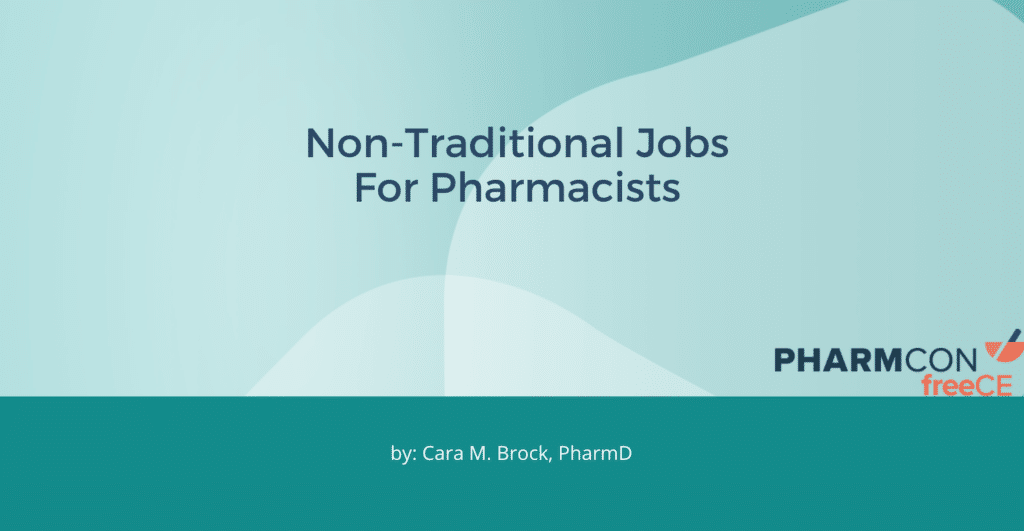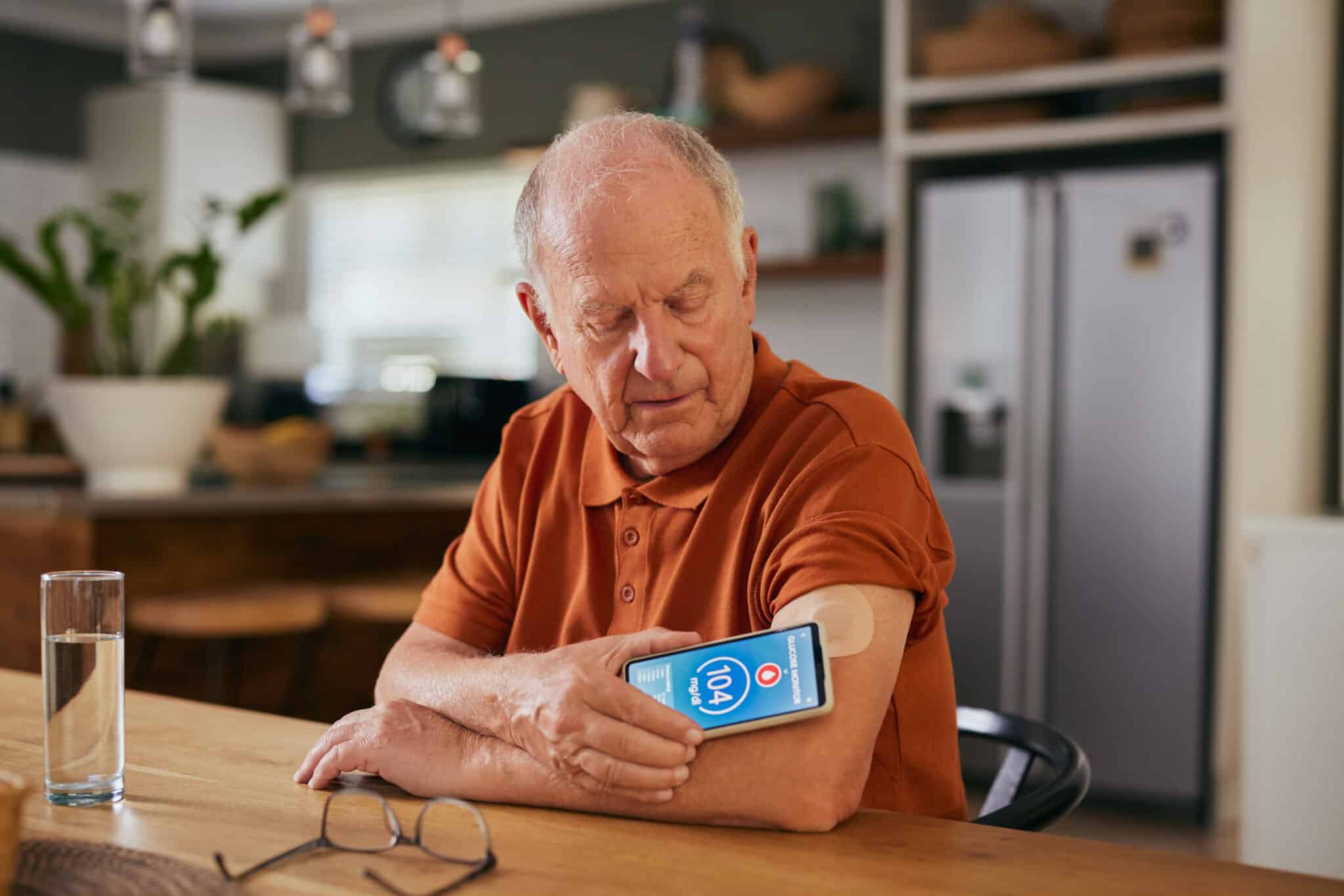Roles filled by pharmacists have traditionally been either inpatient (hospital pharmacist or clinical pharmacist) or outpatient (community pharmacist, ambulatory care pharmacist). The PharmD degree is very versatile and there are many career options for a pharmacist beyond these traditional settings. Some nontraditional pharmacist roles are described below.
Table of Contents
Pharmaceutical industry
Pharmacists can work in medical information, pharmacovigilance, research and development, clinical drug trials, regulatory affairs, or sales and marketing for pharmaceutical companies.
Consultant Pharmacist
Consultant pharmacists review drug therapy for patients in nursing homes, assisted living facilities, rehabilitation centers, or group homes. By reviewing the charts of patients in these settings for interactions, inappropriate therapy, side effects, and appropriate dosing, pharmacists make recommendations to healthcare providers for adjusting therapy to prevent any drug-related problems.
U.S. Government
The U.S. government employs pharmacists in many settings including the Food and Drug Administration (FDA), Department of Veterans Affairs (VA), Indian Health Service (IHS), the Center for Medicare and Medicaid (CMS), the Public Health Service, the National Institute of Health (NIH) and all branches of the armed forces. Roles within these agencies vary widely, but can include administrative, research, consultant, public health, dispensing, and clinical roles.
Academia
Most pharmacists in academia teach in a PharmD program, however some may teach in nursing or medical programs as well. Roles for pharmacists in academia include clinical roles with teaching and precepting responsibility, experiential education, campus-based teaching, and leadership roles within the programs.
Entrepreneurship
Many pharmacists have turned their passions into their own businesses. Identifying a gap and coming up with a way to fill it can lead to successful entrepreneurship. Some examples are pharmacogenomic consulting, medical writing, career coaching, integrative medicine consulting, and wellness coaching.
Medical Communications
Pharmacists can work as medical writers or editors, managing clinical trial data, or serving as a liaison between the pharmaceutical industry and healthcare professionals. Medical writing may also include communications like blog posts or content for websites targeted toward patients and caregivers.
Informatics
Pharmacists can work as informatics pharmacists, using data and technology to improve patient care, drug information and medication management.
Managed Care
Pharmacists may work for insurance companies or prescription benefit management companies. Some examples of roles in managed care include clinical pharmacists, formulary management, coverage determination/prior authorization, clinical advisors, drug utilization reviews, and specialty pharmacy.
Nuclear Pharmacy
Nuclear pharmacists work in specialty nuclear pharmacies and prepare, compound, and dispense radiopharmaceuticals for both diagnostic medical imaging tests and treatment of certain conditions.
Home Infusion
Home infusion pharmacists work in pharmacies that specialize in the dispensing of medications administered intravenously (through a vein) at home to patients who cannot take medications by mouth, but do not require hospitalization or administration at an infusion center. Pharmacists verify, dispense, and provide education to patients and caregivers about these medications.
Clinical drug trials
Pharmacists play an important role in ensuring the safe and effective use of medications in clinical drug trials by monitoring the medication regimen, providing drug information, and ensuring that the trial protocol is followed. Pharmacists can also help with the recruitment of patients, provide education and training to study staff, and assist with data management and analysis.
Research and Development
Pharmacists may work in laboratory or clinical research settings and assist in the design, execution, and analysis of research studies. Pharmacists with research experience can also contribute to the development of new drugs, medical devices, and therapies by conducting laboratory research, analyzing data, and interpreting results. They can also assist in the preparation of research proposals, grant applications and publications.
Medical Science Liaison
Medical Science Liaisons (MSLs) work in the pharmaceutical industry for drug manufacturers. MSLs serve as scientific and clinical experts on one or more products or disease states to physicians, scientists, and other healthcare providers. They also gather and communicate valuable insights and feedback from the medical community back to their companies.
Pharmaceutical Sales Representative
With their extensive knowledge of disease states and drugs, pharmacists may work in sales providing information about products to medical offices, pharmacies, and healthcare institutions.
This is not an exhaustive list, and there are many other roles an individual with a PharmD degree may fill depending on their training, skills and interests. Some roles may require additional training such as a masters degree, residency, or fellowship.
Regardless of what role a pharmacist is in, continuing education is necessary to stay up to date and maintain licensure. freeCE offers live and on-demand learning. There is no better place than freece.com for pharmacy CE.






